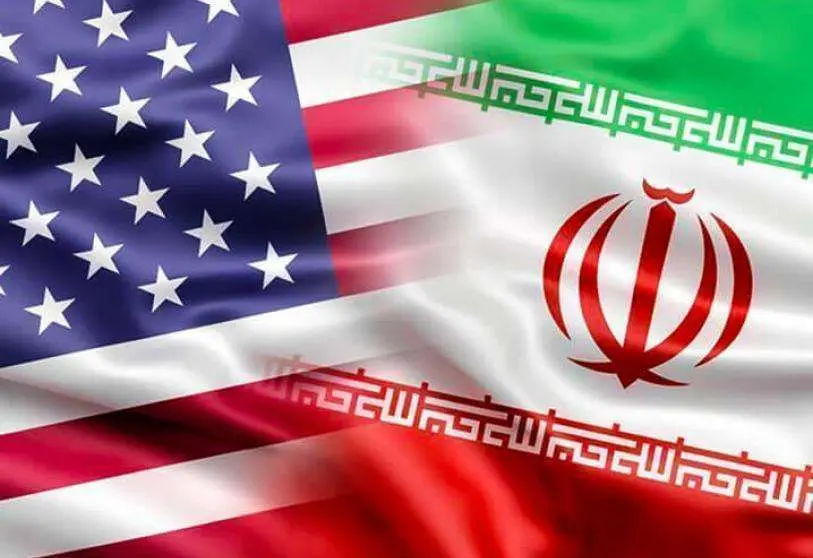Iran warns both Israel and the United States not to cross "the red lines" in the Gulf

The tension between Iran and Israel has increased exponentially since the United States decided unilaterally to withdraw from the nuclear agreement with Iran. Trump has shaped the current relationship of these two Middle Eastern countries, whose differences have only increased, fearing an armed confrontation between the two powers.
The Trump administration is coming to an end, and all the players involved-Israel, Iran and the United States itself-are fearful of a final attack by their sworn enemy. The United States warned last week that it is "prepared" for any possible attack by Iran on the anniversary of the death of Iranian commander Qasem Soleimani on 3 January.
The head of the US forces in the Middle East, General Frank McKenzie, made the following statements: "we are ready for our defence and that of our friends and allies in the region, and we are ready to react if necessary". In short, any attack against Israel -the USA's main ally in the region- will be considered as an attack against the American country and they will not hesitate to take the corresponding reprisals.
Iran for its part has also warned both Israel and the USA not to cross "the red lines" in the Gulf, a few weeks before Trump's departure from the White House. The spokesman for the Iranian foreign ministry, Said Jatibzadeh, stressed that his country would defend itself against any American "adventure".
Jatibzadeh urged the outgoing US administration to "refrain from creating tension in the final days of its presence in the White House" and assured that "any wrong move" on its part "will leave a worse legacy for the region".
These statements come a week after the US navy announced that a nuclear submarine had crossed the Straits of Hormuz in a further demonstration of force towards Iran. This announcement was accompanied by the news that an Israeli submarine was en route to the Gulf and had already crossed the Suez Canal, information that Israel has not confirmed but neither has it denied.

The spokesman for the Iranian foreign ministry stated that "everyone knows [Tehran's] policies with respect to security and national security ... Everyone knows very well how high the risk is if Iran's red lines are crossed".
In recent months different accusations have been made between these countries. Tehran accused its regional enemy Israel of being responsible for several anti-Iranian operations, including the assassination last month of nuclear scientist Mohsen Fakhrizadeh. The United States, for its part, has accused Iran of being involved in a rocket attack last week near its embassy in Baghdad.
These accusations have been joined by Hezbollah, the Iranian-backed Lebanese Shiite group, which claimed last Sunday to have received information about the elimination of the group's leader. From Hezbollah they claim that Riyadh "had offered to finance his assassination", adding that it would be carried out by Israel, at the request of Saudi Arabia, with the approval of the United States.
The tension in the region is becoming increasingly evident as Donald Trump's imminent departure from the White House approaches, and on the eve of the anniversary of Soleimani's assassination. Many are the warnings launched between both sides, evidence that both Israel and the USA and Iran fear that some kind of attack will be launched in the discount time.








